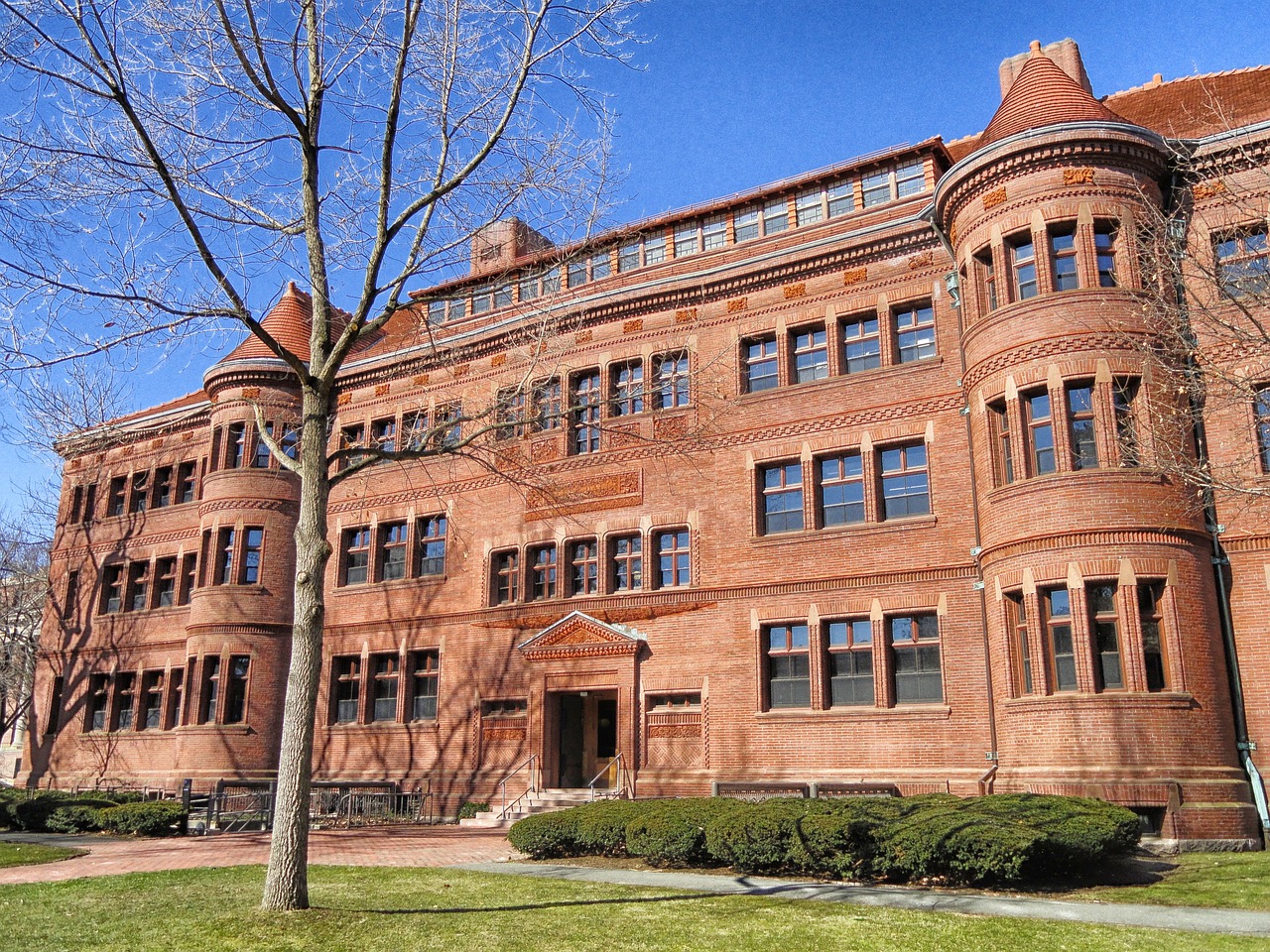
Republicans in Congress are proposing big changes to grad school student loans. If you’re applying to law school, keep an eye on this. It might affect your law school choices.
There are two major parts to the proposed bill. The first caps the amount of government student loans for grad school. Some claim that this change would incentivize law schools to keep tuition down. The alternative is that students might end up relying more on private loans to make up the difference. The former would be good for law students; the latter not so much. Of course, it’s possible that the outcome ends up somewhere in between: tuition keeps increasing but at a slower rate. That would still leave law students more reliant on private loans.
The second part of the proposed bill would eliminate Public Service Loan Forgiveness. Under current law, if you work for the government or a nonprofit for 10 years and make your payments, the remainder of your grad school loans will be forgiven. This bill ends that policy. If public service figures in your career plans, you’ll definitely want to keep an eye on this.
What does this mean for law school applicants? We’ll see. After all, for now it’s just a bill. It might or might not pass, and if it does it might be quite different by then. Whether it passes or not, it’s a good reminder of some important things to keep in mind as you apply to law school.
Some prospective law students get so caught up in the dream of going to law school that they don’t think enough about the pesky details, like, say, how they’ll pay for it. Those students often get in trouble. They hear about things like Public Service Loan Forgiveness, or some law schools’ Loan Repayment Assistance Programs, and assume they’ll be covered. If the LSAT teaches you anything, it should be that assumptions are dangerous.
If policy changes and students end up more reliant on private loans, it’ll become even more important to choose a law school that sets you up to repay the loans you’ll have to take out to get there. Do your research and be realistic about your employment prospects before you send in your deposit and take out those loans.
If Public Service Loan Forgiveness goes away, it’ll change things significantly for those considering less lucrative public service careers. It might become more important to go to a law school that offers you a better scholarship deal. The problem is that choosing a lower-ranked law school for the scholarships won’t necessarily position you as well for these often-competitive jobs.
And finally, if you feel strongly about this, there’s still time to contact your representative and senator and make your feelings known.




